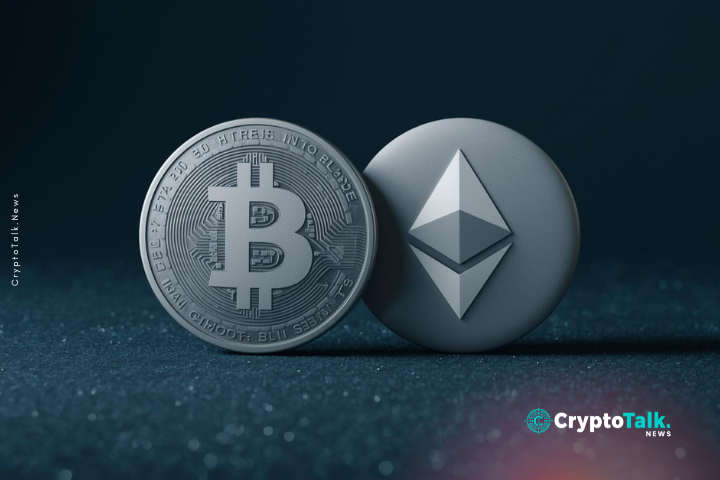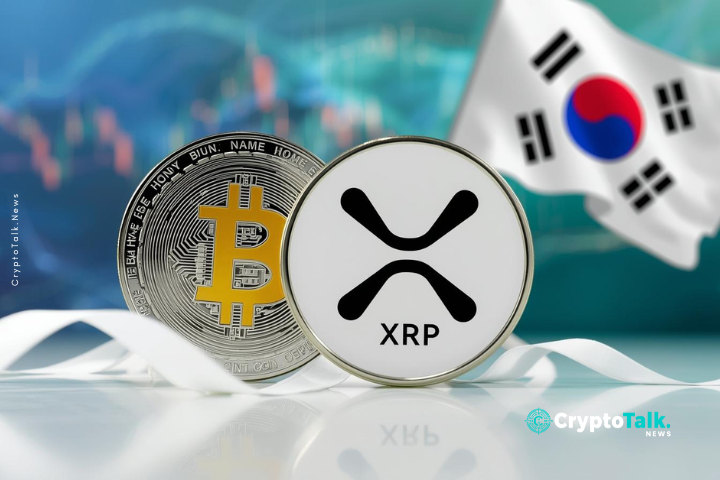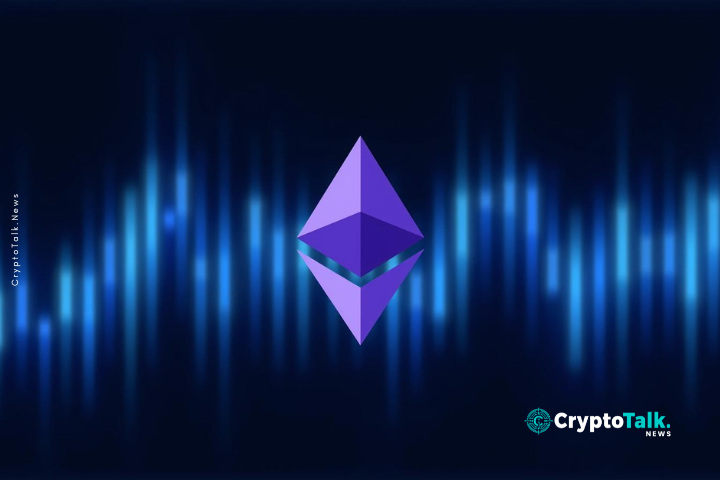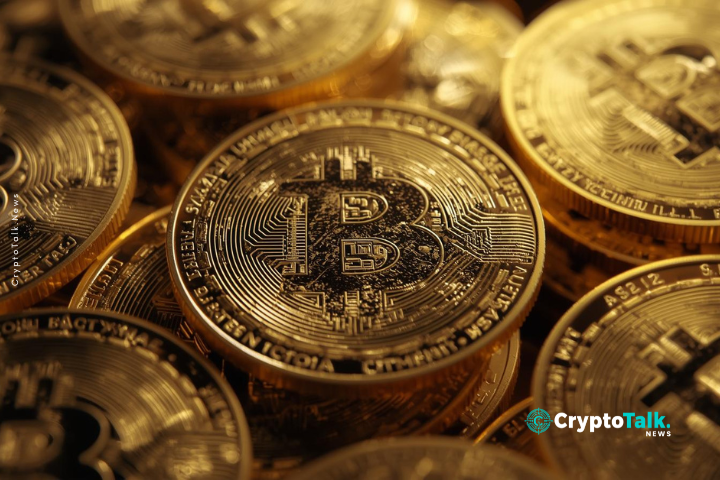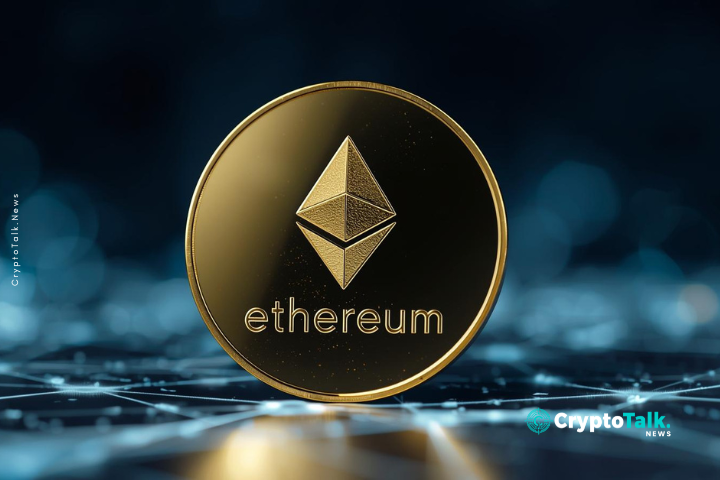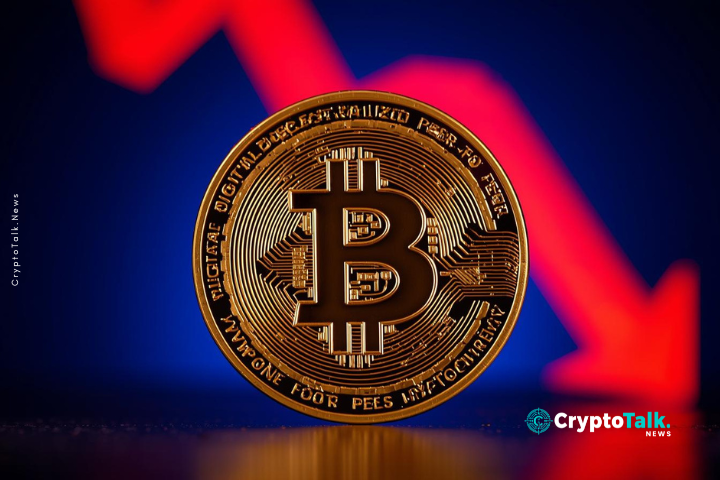A renewed dialogue between US Treasury Secretary Scott Bessent and Chinese Vice Premier He Lifeng has drawn the crypto world’s attention, hinting at a potential turning point for global markets. The recent meeting, centered around tariff adjustments and bilateral economic cooperation, is being closely monitored by cryptocurrency investors who understand that even subtle shifts in trade dynamics can cause major ripples in digital asset valuations. With Bitcoin and Ethereum serving as barometers of investor sentiment, market participants are now recalibrating their positions in anticipation of possible outcomes from the negotiations.
Historically, the link between geopolitical tension and crypto market performance has been anything but coincidental. During previous trade stand-offs, digital currencies often surged as investors fled from fiat volatility. When traditional markets tremble under the strain of diplomatic uncertainty, cryptocurrencies tend to emerge as unconventional safe havens. The current round of talks underscores how deeply intertwined the two realms—international diplomacy and decentralized finance—have become.
Bitcoin’s recent price movements already illustrate this sensitivity. Following early reports of progress in the Bessent-Lifeng discussions, BTC briefly rallied before retracing amid cautious optimism. Ethereum mirrored this behavior, reflecting the market’s delicate balance between hope and hesitation. Analysts suggest that this pattern reinforces the perception of crypto as a responsive, sentiment-driven asset class that thrives in times of uncertainty but remains vulnerable to policy signals from major economies.
For seasoned investors, the unfolding events echo memories of 2018 and 2019, when trade tensions between Washington and Beijing spurred dramatic surges and corrections in crypto valuations. The parallel is unmistakable: each phase of negotiation brings both opportunity and risk. When tariffs loom, capital often migrates into digital assets; when resolution seems near, profit-taking follows. This cyclical rhythm highlights how diplomacy now plays an inadvertent role in shaping cryptocurrency liquidity and volatility.
Beyond market mechanics, the psychological component cannot be overlooked. Crypto investors tend to interpret diplomatic optimism as a sign of potential stability, prompting cautious re-entry into higher-risk assets. Conversely, hardline rhetoric or policy reversals can reignite defensive behavior, pushing funds back into Bitcoin or stablecoins as macro hedges. These oscillations create fertile ground for both traders and long-term holders who recognize that crypto’s resilience often shines brightest when global markets are uncertain.
From a strategic standpoint, the ongoing dialogue between the US and China presents both a warning and an opportunity. Should the talks produce meaningful tariff relief or a roadmap for sustained cooperation, crypto markets could experience renewed investor confidence, spurring a medium-term rally. However, if negotiations falter or trigger further economic fragmentation, heightened volatility may dominate, amplifying price swings across Bitcoin, Ethereum, and broader altcoin ecosystems.
As the world’s two largest economies navigate this delicate dance of diplomacy, the cryptocurrency market stands poised to interpret every gesture, statement, and policy hint. For investors, this moment serves as a reminder that digital assets no longer exist in isolation—they are woven into the global financial fabric, sensitive to every ripple in economic relations. In the weeks ahead, those who combine geopolitical awareness with disciplined investment strategies may be best positioned to harness the opportunities hidden within this evolving landscape. The outcome of these talks could shape not only the future of trade but also the next chapter in the global story of crypto’s maturation.
Author
-

Lena Hartman is a London-based crypto journalist and blockchain researcher with over 7 years of experience covering the global cryptocurrency markets. She earned her Master’s degree in Economics and Blockchain Technology from University College London (UCL) and has become a trusted voice in the world of digital finance. At CryptoTalk.news, Lena writes expert-level content on DeFi, NFTs, crypto regulations, exchange trends, and tokenomics. Known for her deep-dive analysis and sharp editorial insights, she helps readers understand both the technical and financial sides of the crypto space. Her work has also been featured in Euro News 24, Wall Street Storys, Daljoog News, and Wealth Magazine, where she covers everything from macroeconomic impacts on Bitcoin to emerging altcoin ecosystems. Lena is an advocate for financial literacy, a speaker at blockchain meetups, and a contributor to various open-source crypto education projects.
View all posts


















